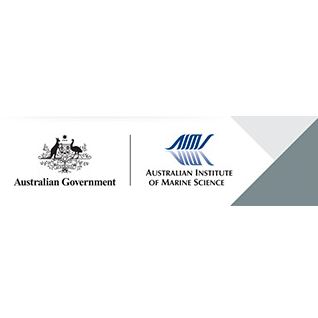Full description
This published research assesses microplastic ingestion and retention by coral reef fish, which are important information to assess ecological risks of this emergent contaminant to the Great Barrier Reef (GBR, Australia). Fish were collected with SCUBA and nets at Lizard Island (North GBR), exposed to microplastics under laboratory conditions at Lizard Island Research Station, and processed (i.e., gastrointestinal tract chemically digested, filtered and analysed under microscope) to assess microplastic ingestion at the Australian Institute of Marine Science (AIMS) in Townsville (Queensland, Australia). Data was statistically analysed using general linear model in R, kinetics model, one-way ANOVA and Tukey’s multiple comparisons tests.Lineage
Maintenance and Update Frequency: asNeededNotes
Credit2018 Rossi Foundation Plastic Pollution Grant, Australian Museum and Lizard Island Research Station, Australia.
AIMS@JCU Ph.D. scholarship, Australian Institute of Marine Science and James Cook University, Australia.
TWQ Hub Ph.D. research funding, National Environmental Science Program Tropical Water Quality Hub (TWQ Hub), Australia.
Key Program for International S&T Cooperation Projects (No. 2016YFE0101500), Sino-Australian Centre for Healthy Coasts, Australia.
Australia China Science Research Fund Grant ACSRF 48162, Australian Government Department of Industry, Innovation and Science, and the Queensland Government Department of Environment and Science, Australia. Australian Institute of Marine Science (AIMS), Australia.
Modified: 08 2025
text: westlimit=145.4255962726001; southlimit=-14.69155315186216; eastlimit=145.48825439883802; northlimit=-14.6313761692206
Santana, M. F. M., Dawson, A. L., Motti, C. A., van Herwerden, L., Lefevre, C., & Kroon, F. J. (2021). Ingestion and Depuration of Microplastics by a Planktivorous Coral Reef Fish, Pomacentrus amboinensis. Frontiers in Environmental Science, 9, 79. https://doi.org/10.3389/fenvs.2021.641135
- global : 1c739022-c703-4e95-8bea-7f4eb2312b13


